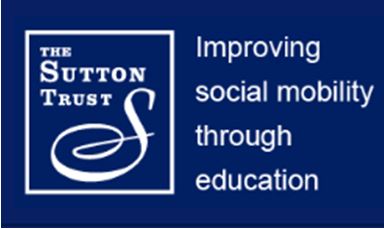 A new report has found parents attending religious services to be the most common ‘ethically dubious’ strategy employed by families in England to secure admission to a preferred school. The study ‘Parent Power 2018‘ has been undertaken by the education charity The Sutton Trust.
A new report has found parents attending religious services to be the most common ‘ethically dubious’ strategy employed by families in England to secure admission to a preferred school. The study ‘Parent Power 2018‘ has been undertaken by the education charity The Sutton Trust.
It finds that 31% of parents surveyed knew someone ‘personally’ who had attended religious services so their child could attend a popular faith school. More parents were aware of other families employing this tactic than any other to improve the chances of gaining access to a preferred school. This included tactics such as employing a private tutor to help a child pass an entrance test or moving to live in a school’s catchment area.
Back in 2012 The Sutton Trust commissioned a survey which found 6% of parents with a child at a state funded school admitted to attending church services, when they did not previously, so their child could go to a faith school. In the Trust’s latest survey 7% of parents revealed that they had personally attended religious services in order to access a school. One of the report’s key recommendations are that schools that determine their own admission arrangements should select their pupils via a mixture of random allocation ballots and operating a large catchment areas to ‘… allow fairer access to the best schools and limit socially divisive incentives for house buying and gaming the system.’ (p5)
Faith schools educate about a quarter of children at state funded schools in England, but many do not provide privileged access to those with a record of attending religious services (such as because the school is not over subscribed or instead rewards those who have been baptised). The findings suggest therefore that a significant proportion of families of pupils at schools that do reward attendance at religious services will have engaged in religious cheating.
Chair of the Accord Coalition for Inclusive Education, the Reverend Stephen Terry, said ‘It is disappointing that in a scramble for school places the admission policies of religiously selective schools should so often be exploited to gain an unfair advantage. Faith schools should be bringing out the best in people, not leading them into temptation.
‘While we should oppose places being obtained through what is in effect cheating, public pressure should not be directed at families, but at authorities that permit admission arrangements which are known to incentivise parents in this way. One way these authorities can make our state funded school system significantly fairer is by phasing out religiously discriminatory admission criteria altogether. The report helpfully points out some of the alternative options the schools could employ to operate a more inclusive over subscription policy.’


